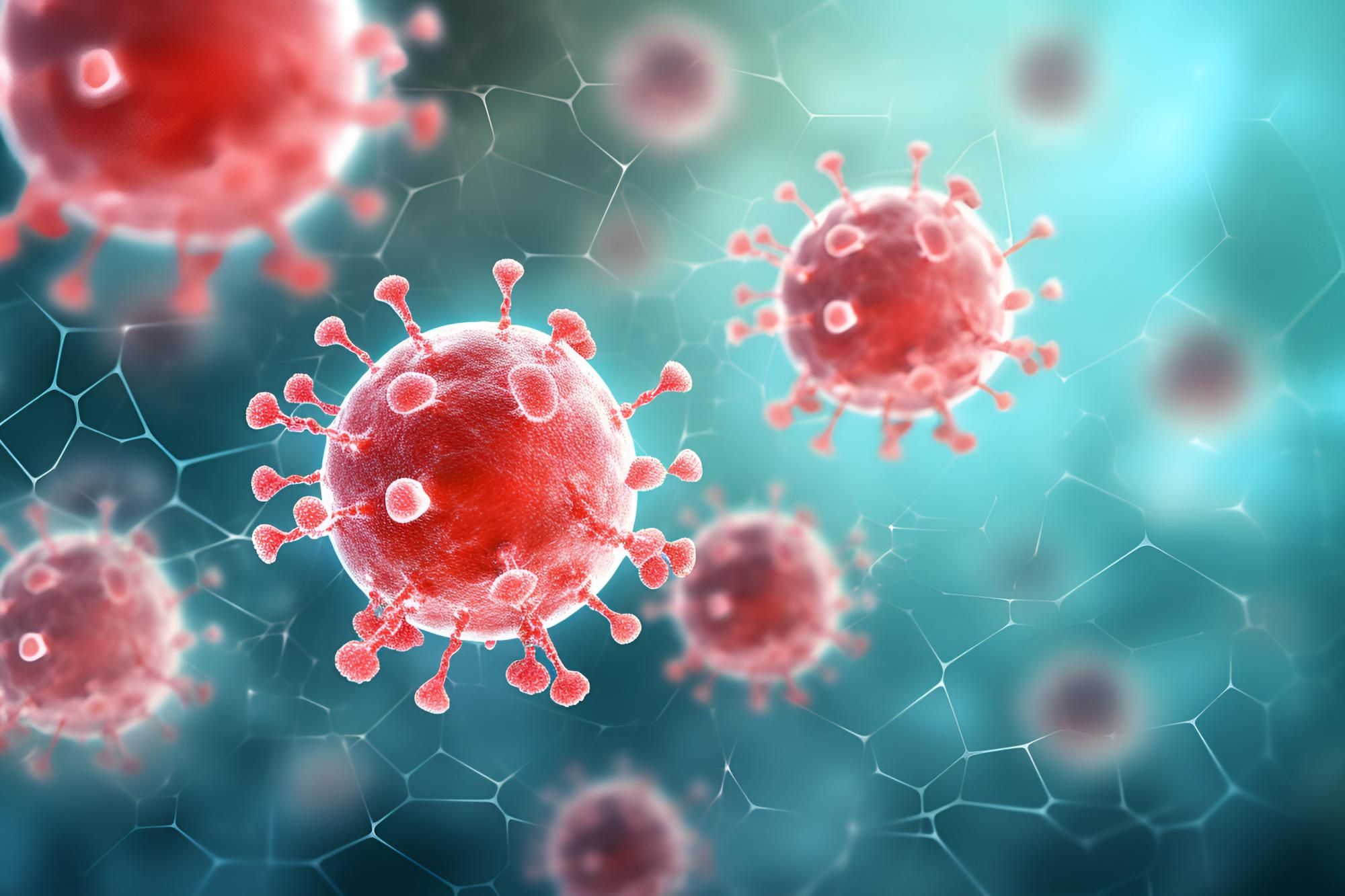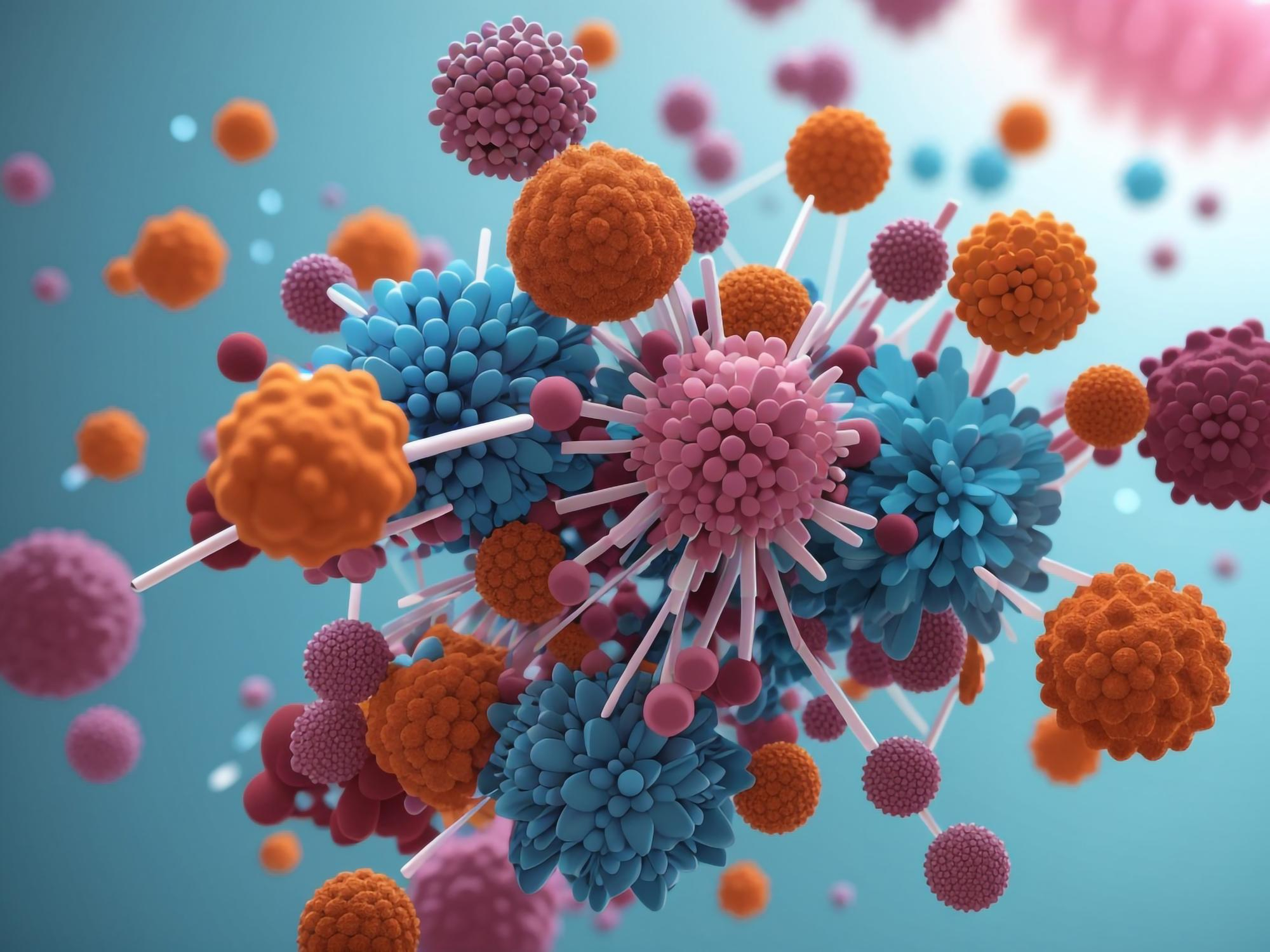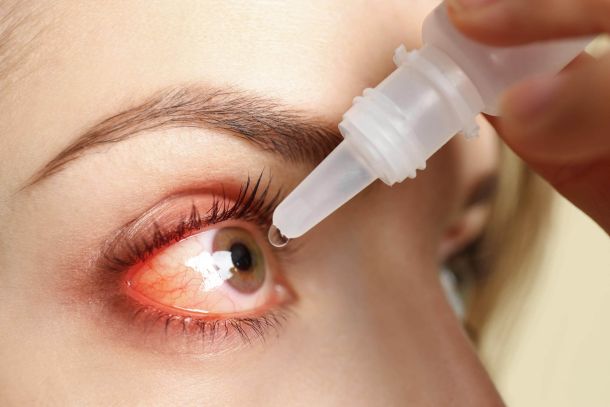Immunoglobulin: the effect and effectiveness in allergies


Eva Zakharova
Immunoglobulin in allergies: what is it?
Immunoglobulins are a key component of the immune system, protecting the body against infections and other external agents. They also play an important role in the development of allergic reactions. In this article, an experienced allergologist looks at the role of immunoglobulins, particularly immunoglobulin E (IgE) and immunoglobulin G (IgG), in allergies, their diagnosis and treatment, as well as side effects and contraindications.
How immunoglobulin works
Immunoglobulins, also known as antibodies, are proteins produced by the immune system to fight infections and other foreign substances. They detect and label potentially dangerous microorganisms, such as bacteria and viruses, for subsequent destruction by immune cells.
What types of immunoglobulins are there

There are five classes of immunoglobulins, designated by the Latin letters A, D, E, G, and M. Each class of immunoglobulin has its own specific function and structure.
Immunoglobulin E and allergies
Immunoglobulin E (IgE) is responsible for the development of allergic reactions. Upon contact with an allergen, the immune system produces IgE, which binds to allergens and mast cells, causing them to activate and release inflammatory mediators such as histamine. This leads to various allergy symptoms such as itching, hives, swelling, runny nose and asthma.
Symptoms of allergies related to immunoglobulin E
Symptoms of IgE-related allergies can range from mild mild to severe and include itching, urticaria, swelling, runny nose, asthmatic attacks, nausea, and vomiting. In children, allergic reactions may appear as atopic dermatitis, allergic rhinitis, and food allergies.
How the immunoglobulin E allergy test is performed
To diagnose IgE-related allergies, a blood test is performed for the level of immunoglobulin E. IgE norms in adults and children can vary, but in general, elevated levels indicate a possible allergic disease. It is important to note that when immunoglobulin E is normal, allergies can also occur because there are other mechanisms of allergic reaction.
Immunotherapy for immunoglobulin E allergy

Immunotherapy is an effective treatment for IgE-based allergies. The aim of immunotherapy is to teach the immune system to stop reacting to allergens, the introduction of which occurs gradually and in increasing doses.
How immunotherapy occurs
Immunotherapy is supervised by a doctor and begins with low doses of the allergen, which are gradually increased to a therapeutic dose. The allergen may be injected under the skin, sublingual tablets or drops. The duration of immunotherapy is 3 to 5 years.
Benefits and risks of immunotherapy
The benefits of immunotherapy are the ability to reduce sensitivity to allergens, reduce allergy symptoms, and improve the quality of life of patients. However, immunotherapy can cause side effects, such as local reaction at the injection site, asthma and anaphylactic shock. Therefore, the doctor must carefully evaluate the patient's condition and choose the optimal method and dosage of the allergen before starting treatment.
Immunoglobulin G and allergies
Immunoglobulin G (IgG) is the most common class of antibodies in the body and plays an important role in long-term immunity. It participates in the process of neutralizing infections, mediates phagocytosis and complement activation.
Use of immunoglobulin G in the treatment of allergies
In some cases the administration of IgG in the form of preparations obtained from donor plasma is used to treat allergy. However, the mechanism of action and effectiveness of this therapy are still under investigation, and the opinion of specialists on this matter varies.
Side effects and contraindications
Immunotherapy, like any treatment, can have side effects and contraindications. Side effects include local reactions at the injection site, asthma, headache, GI disturbances, and anaphylactic shock. Contraindications to immunotherapy include severe heart and lung disease, malignant tumors, and uncontrolled asthma.
In conclusion, immunoglobulins play a significant role in the development of allergic reactions, and knowledge of their mechanisms allows the development of new methods of allergy diagnosis and treatment. Immunotherapy based on the gradual introduction of allergens can be an effective treatment for immunoglobulin E allergy. However, the use of immunoglobulin G in the treatment of allergies requires more research and is not yet a widely accepted approach. If you are experiencing allergy symptoms, it is recommended that you consult an allergist for professional help and to choose the most appropriate treatment.
New materials
Popular Articles
We recommend reading
Contact us in the Contact Us section to ask questions, offer ideas, or for more information about our allergy resource.
Our articles are your trusted source of allergy knowledge. Learn how to make life with allergic reactions easier on our specialized portal.
©
Lechenie-Allergii.com. All rights reserved.
© Lechenie-Allergii.com. All rights reserved.
The information on this site is for informational purposes only and is not a substitute for professional medical advice. We recommend consulting with qualified medical professionals for accurate information and advice.
 English
English  Українська
Українська  Русский
Русский 









